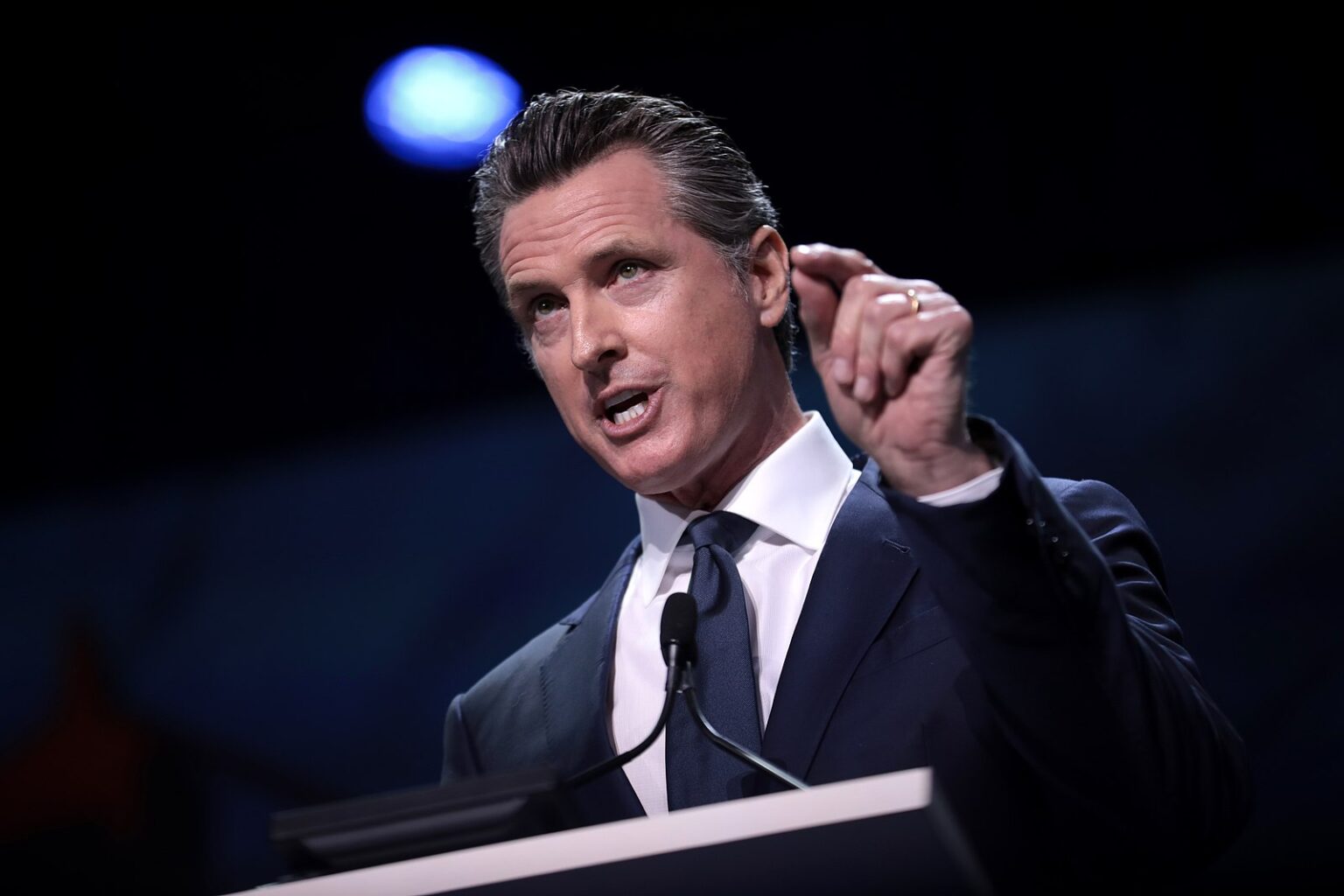Did you recently fall victim to a hidden fee on a bill? If you’re in California, that moment could be one of the last times it happens to you, thanks to a new law. Gov. Gavin Newsom just signed. SB-478, the Consumers Legal Remedies Act, went into effect on July 1.
Sen. Bill Dodd and Sen. Nancy Skinner, both members of the Democratic Party, co-sponsored the bill. California Atty. Gen. Rob Bonta also helped draft the policy, going so far as to send representatives to encourage support in Sacramento.
Drip Prices and Surprise Fees
The new state law officially bans the use of “junk fees” in California. According to the definition in the bill, the intent is to ban a practice known as “drip pricing.”
Drip pricing is advertising a lease or purchase at below the actual cost, then tagging on taxes and additional fees at point of sale.
When customers are drip-priced, they are later surprised with mandatory fees tacked onto the initial price cited. It’s a form of deceptive, bait-and-switch advertising meant to get people invested in buying a product, only to corner them with a higher price when it’s time to pay.
Related: WalMart Pays $45 Million To Settle Deceptive Pricing Lawsuit
Drip pricing conceals the actual cost of the goods or services. Since the pandemic, using hidden fees to recover costs has skyrocketed and expanded into a wide range of different sectors.
A Nationwide Problem
Ticketmaster and Live Nation are known for these practices. Concert tickets are listed on the site for $30. When online buyers go to purchase the tickets, they can end up paying nearly double as hidden fees and taxes are added at checkout.
Live Nation came under fire for its drip pricing tactics after its botched handling of Taylor Swift’s Eras tour ticket. In May, the U.S. House of Representatives passed the Transparency in Charges for Key Events Ticketing Act with overwhelming bipartisan support.
But live events are hardly the only place that drip pricing occurs. Drip pricing is also a daily occurrence on delivery apps like DoorDash and UberEats. If you have seen your food delivery suddenly have new fees that you must pay to get your food, you also have seen a form of drip pricing.
While many surprise fees are hidden, SB-478 is not a total ban on fees.
The bill notes that car dealerships can stay compliant with the law if they mention that they are advertising car prices as-is “plus tax and licensing fees” if legally mandated fees are not included.
Expected Impact
One sector seeing significant changes due to SB-478 is the hospitality industry. The bill requires hotels to restaurants to conspicuously mention any fees that could be included in their bill on the menu.
In a press release from the Office of the Attorney General, Sen. Skinner was quoted as saying, “With Gov. Newsom’s signing of SB 478, Californians will know up front how much they’re being asked to pay, and no longer be surprised by hidden junk fees when buying a concert or sports ticket or booking hotel rooms for their family vacation.”
Sen. Dodd, a cosponsor of the bill, notes that “With the governor’s signing of this historic bill, we can finally take aim at dishonest junk fees that are tacked onto seemingly everything – from online concert tickets to hotel reservations.”
The bill was initially introduced in February of 2023, making it one of the faster legislative efforts to pass the California assembly.
Looking Ahead
SB-478 went into effect on July 1, 2024. It was passed with 60 voting for, 13 voting against, and 6 abstaining.
Of the 60 assembly members that voted for the bill, 59 were Democrats. Only one Republican, Marie Waldron of District 75 in San Diego, voted in favor.
All 13 votes against passing SB-478 came from Republicans.


